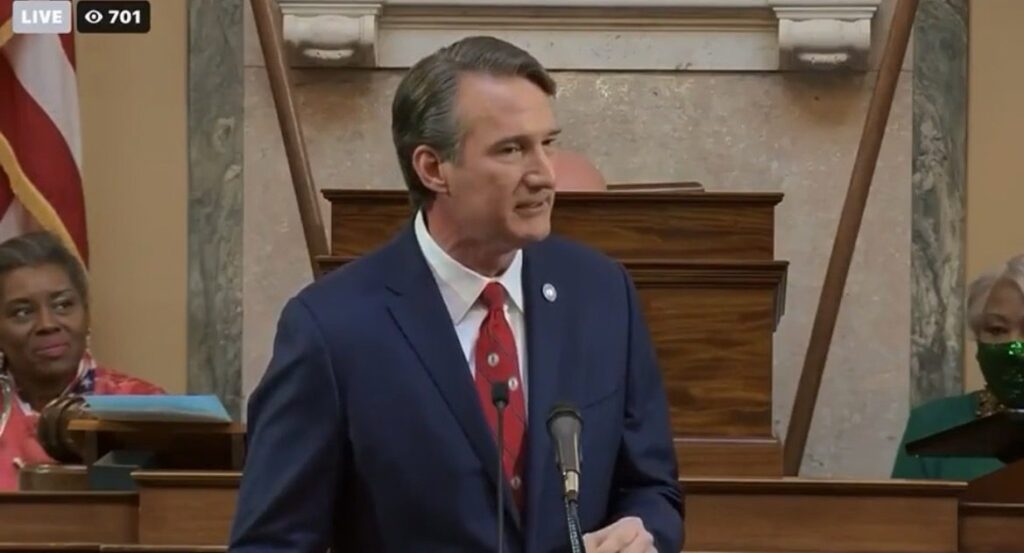On Friday, the Justice Department announced a lawsuit against Virginia, its election board, and the state’s commissioner of elections, following the state’s decision to remove non-citizens from its voter rolls. The lawsuit claims that this systematic effort to cleanse the voter registration lists was initiated too close to the upcoming general election on November 5. The Justice Department argues that this action violates the National Voter Registration Act (NVRA) of 1993, which stipulates that states must complete systematic programs to remove ineligible voters no later than 90 days before federal elections. The NVRA, particularly the Quiet Period Provision found in Section 8(c)(2), is designed to protect against potential disenfranchisement by preventing last-minute removals that could confuse and exclude eligible voters.
The Justice Department’s Assistant Attorney General, Kristen Clarke, emphasized the importance of the NVRA. She stated that systematic removals conducted within this 90-day window can jeopardize qualified voters’ rights and could lead to unnecessary confusion among the electorate. The law’s quiet period was enacted to prevent the kind of errors that might disenfranchise eligible voters through hasty removals. Clarke reiterated the government’s commitment to upholding voting rights, which she noted are fundamental to the democratic process and cannot be subjected to arbitrary or politically motivated actions.
The lawsuit arrives shortly after Virginia Governor Glenn Youngkin issued an executive order asserting that election security measures were needed to protect the state’s upcoming elections from potential fraud. Youngkin’s initiatives include requiring the use of 100% paper ballots, ensuring a strict chain of custody for ballots, utilizing counting machines that are internet-free and pre-tested before voting, and a ban on mass mailings of ballots. His administration emphasizes strict monitoring of ballot drop boxes and daily verification and updating of voter rolls using trusted data sources like DMV information for verifying voter identity and legal presence.
In response to the DOJ’s lawsuit, Governor Youngkin firmly defended the state’s actions. He argued that the lawsuit represents a politically charged challenge from the Biden administration aimed at undermining the integrity of elections in Virginia—a state Youngkin called the cradle of American Democracy. Youngkin referred to his efforts to comply with a 2006 law, originally enacted under a Democratic administration, that requires the removal of non-citizens from voter lists. He portrayed the DOJ’s lawsuit as a politically motivated attack meant to disrupt lawful processes aimed at ensuring secure and fair elections, declaring his intent to vigorously defend Virginia’s election practices.
According to Youngkin, the process for removing non-citizens from the voter rolls begins with individuals registering under false pretenses, and the state’s measures are simply an enforcement of existing law. He expressed his determination to counter what he perceives as a politically driven intervention and underscored that these actions are in line with ensuring the electoral system’s robustness. The governor’s statements suggest a broader narrative of defending state rights against federal overreach, particularly as election integrity becomes a heated subject in national discussions.
As the legal battle unfolds, the implications of the DOJ’s lawsuit could have lasting effects on Virginia’s electoral landscape, especially as tensions rise around voting rights and election security measures across the United States. Youngkin’s administration’s response highlights significant ideological divides regarding how states should manage voter registrations and election integrity. The resolution of this lawsuit and its impact on the upcoming general election in Virginia will likely reverberate throughout the country, as similar debates occur in other states grappling with the intricacies of voter eligibility and protections against fraud. The situation exemplifies the ongoing struggle between federal oversight and state implementation of voting laws, amplifying discussions about democracy, access to voting, and the protection of citizen rights.

